A data reporting analytics manager leads teams to transform raw data into meaningful analytics that guide business decisions. In this role, you collect, organize, and present data using advanced analytics tools, ensuring accuracy and clarity. You start by building strong data analytics skills, mastering platforms like FineReport, and learning to interpret analytics for business impact. As a data reporting analytics manager, you develop both technical expertise and leadership abilities to manage analytics projects and teams.
The global demand for data reporting analytics manager roles keeps rising due to the need for analytics in every industry.
You will find that learning analytics tools, understanding data workflows, and developing leadership skills are essential steps to becoming a successful data reporting analytics manager. This career path values your ability to bridge technical data analytics and business strategy, positioning you as a key analytics manager in today’s data-driven world.

As a data analytics manager, you play a central role in transforming raw data into valuable business insights. Your job involves leading a team that handles data entry, cleaning, and standardization. You ensure that all data meets high-quality standards and aligns with business needs. You manage data integration from multiple sources, making sure the information is consistent and reliable for analytics. Collaboration with IT teams is essential, as you help select and implement the right tools and technologies for data analytics management.
You regularly audit and assess data quality, quickly resolving any issues that arise. You analyze complex data sets to uncover trends and patterns that support decision-making across departments. You prepare and present reports and visuals, making it easier for stakeholders and senior management to understand your findings. Staying updated on industry trends and best practices in data analytics keeps your team ahead. You provide leadership and training, fostering a culture of collaboration and quality within your analytics team.
The responsibilities of an analytics manager also include overseeing the accuracy of your department’s work and developing effective data analytics and reporting processes. You guide hiring decisions and optimize your team’s skills to meet evolving business challenges.
The data analytics manager job description highlights your impact on business outcomes. You enhance decision-making by turning raw data into actionable insights. Your expertise in data analytics management improves operational efficiency and drives better results for your organization. You help your company understand customer behavior and identify new market opportunities.
Organizations that invest in data analytics see measurable value. For example, companies like UPS and Walmart use analytics to optimize operations, reduce costs, and boost sales. Ninety-two percent of organizations reported clear benefits from data analytics investments in 2023. As a data analytics manager, you ensure your company makes evidence-based decisions and adapts to changing market dynamics. Your role supports business growth and positions your organization for long-term success.
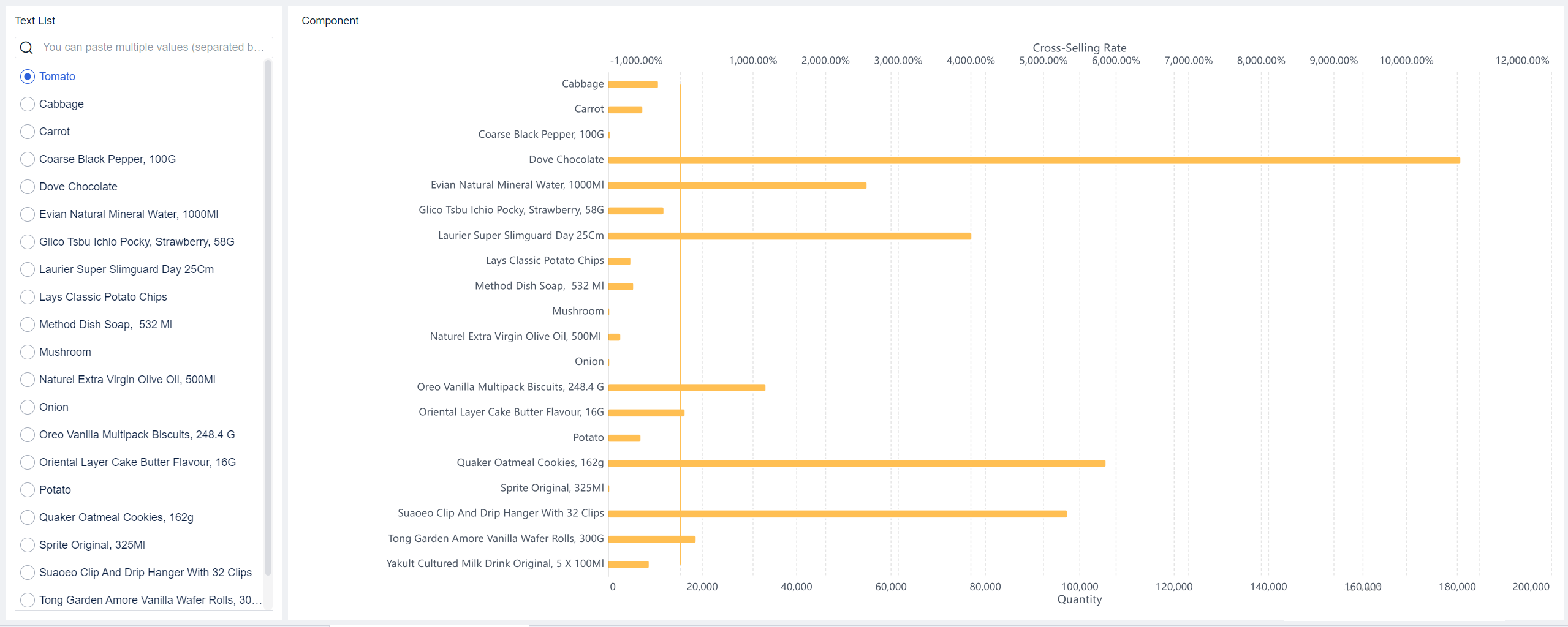
To succeed as a data analytics manager, you need a blend of technical and business skills. You must understand how to work with data, lead teams, and use analytics tools to drive business results. The skills needed to become a data analytics manager go beyond technical know-how. You must also develop strong leadership and communication abilities to guide your team and influence decision-making.
You must master a range of technical skills to excel as a data analytics manager. Employers look for candidates who can handle complex data tasks and use advanced analytics tools. The most frequently required technical skills include:
You will often use programming languages like Python, R, SQL, Java, Julia, SAS, and Scala. Python stands out for its versatility and large library ecosystem. R is popular for statistical analysis. SQL is essential for managing and querying databases. Java, Julia, SAS, and Scala are also valuable for specific analytics and big data tasks.
You must also understand how to apply data analysis techniques to solve business problems. This includes using statistical methods, building predictive models, and interpreting data trends. You will need to manage large datasets, ensure data quality, and maintain data security. Familiarity with cloud platforms and big data tools helps you scale analytics projects and handle growing data volumes.
A data analytics manager must combine technical expertise with strong business and leadership skills. You need to translate data insights into actionable business strategies. You must communicate findings clearly to stakeholders who may not have a technical background.
Key business and leadership skills include:
You must understand your organization's goals and align analytics projects with business objectives. You will often lead cross-functional teams, manage project timelines, and allocate resources efficiently. Strong leadership skills help you motivate your team, resolve conflicts, and drive continuous improvement. You must also stay updated on industry trends and best practices in data analytics.
As a data analytics manager, you need tools that streamline your workflow and enhance your team's productivity. FineReport stands out as a key solution for analytics managers in enterprise environments. This platform integrates multiple data sources into a unified reporting system, ensuring seamless business data connectivity.
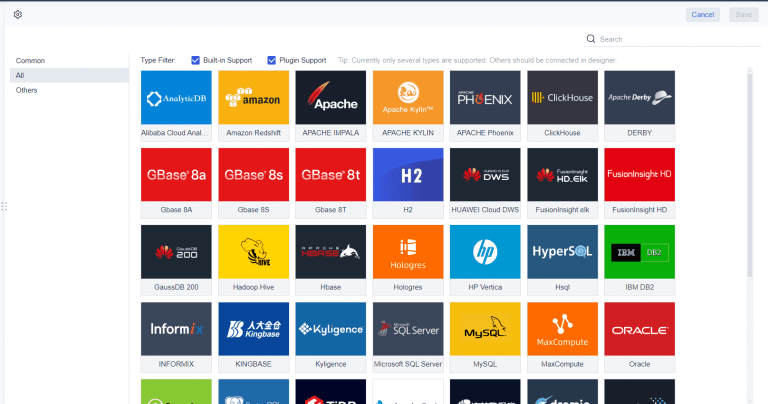
FineReport offers a range of features that benefit analytics managers:
FineReport automates report generation and distribution, saving you time and reducing manual errors. You can schedule reports to be delivered to stakeholders regularly, ensuring timely access to critical insights. The platform supports collaboration by allowing multiple users to work on reports and dashboards together. You can control user permissions to protect sensitive data and maintain data integrity.
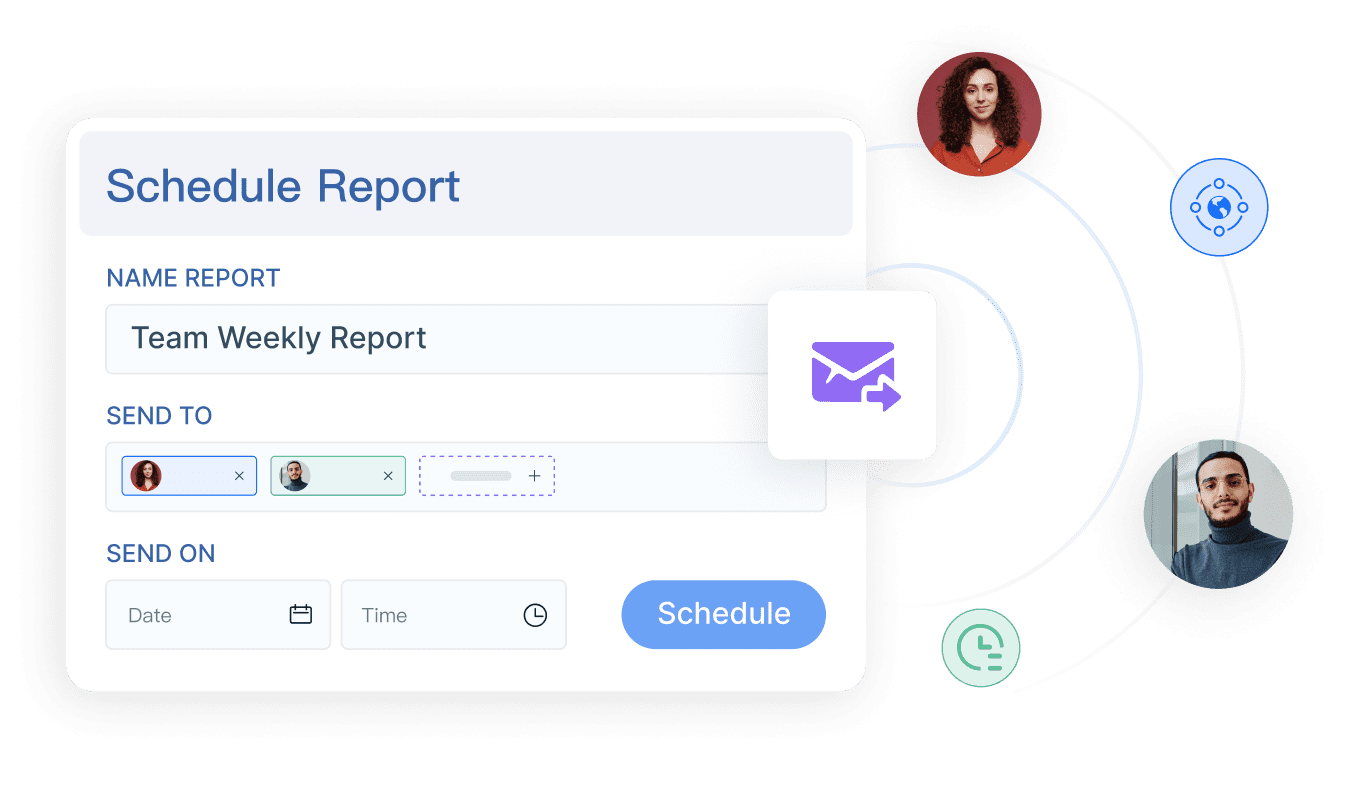
FineReport also supports advanced analytics needs, such as funnel analysis and competitive intelligence. Large enterprises and government organizations benefit from its efficiency and scalability. The platform's decision-making portal centralizes all reports and dashboards, making it easy for you and your team to access and share insights.
For business users who need self-service analytics, FineBI complements FineReport. FineBI allows non-technical users to perform ad-hoc analysis, explore data independently, and generate their own reports. This reduces the burden on IT teams and empowers departments to make faster, data-driven decisions.
By mastering FineReport and FineBI, you position yourself as a data analytics manager who can deliver high-quality analytics, support decision-making, and enable collaboration across your organization.
You start your data analytics manager career by building a strong educational foundation. Most data analytics managers hold degrees in fields that focus on data and analytics. Common choices include:
Many data analytics managers also come from diverse backgrounds, showing that transferable skills matter in analytics. Employers value professional certifications that prove your skills and commitment to the field. Here are some of the most recognized certifications:
| Certification Name | Description |
|---|---|
| Google Data Analytics Certificate | Shows you understand analytics fundamentals. |
| IBM Data Analyst Professional Certificate | Focuses on practical data analytics skills. |
| Snowflake Certifications | Useful for working with large-scale data warehouses. |
| AWS Certified Data Engineer - Associate | Recognized for modern data roles and cloud analytics. |
Professional certifications help you stand out in the job market and show your dedication to continuous learning.
You gain experience by starting in entry-level analytics roles or internships. These positions give you hands-on experience with data and analytics tools. You learn how to analyze data, create reports, and solve business problems. Internships and entry-level jobs also help you build your professional network, which can lead to mentorship and future growth opportunities. Typical paths include roles such as data analyst or database developer. As you gain experience, you develop both technical and soft skills, including leadership and communication.
| Skill Type | Description |
|---|---|
| Technical Skills | Analyze data and find actionable insights. |
| Soft Skills | Lead teams and communicate clearly. |
| Business Skills | Connect analytics to business goals. |
| Career Progression | Move from analyst roles to more senior positions as you gain experience. |
To advance to a data analytics manager role, you need a mix of advanced education, experience, and leadership skills. Many analytics managers pursue graduate degrees such as an MBA in business analytics or a master’s in management science. These programs teach you strategic management, predictive modeling, and data visualization. You can also move up by taking on more responsibility in mid-level roles, such as senior business analyst or business systems manager. As you progress, you lead projects, oversee teams, and drive analytics strategy. The data analytics manager job outlook remains strong, with high demand and competitive data analytics manager salary packages. Your path may include:
You shape your analytics manager career by combining technical knowledge, business sense, and leadership. This path offers steady growth and new challenges as data analytics continues to evolve.
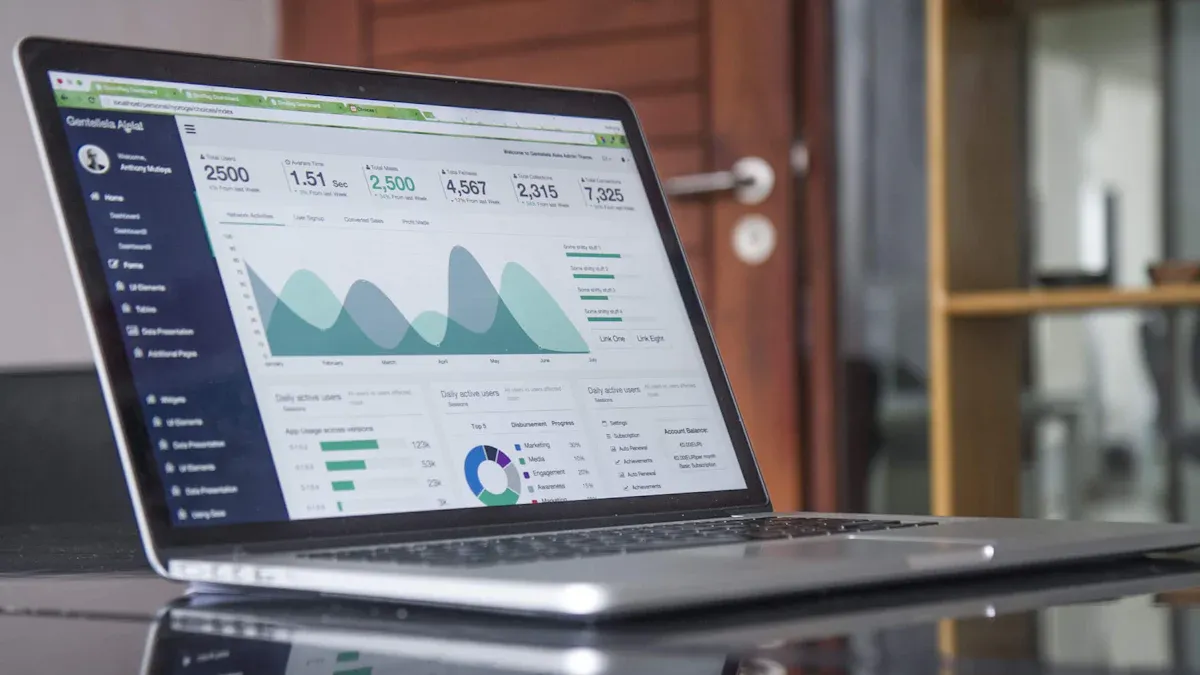
As a data reporting analytics manager, you must select the right tools to manage data analytics effectively. The right reporting tool can make your job easier and help your team deliver better results. You should consider several criteria when choosing a tool for analytics and reporting. The table below outlines the most important factors:
| Criteria | Description |
|---|---|
| Ease of Use | The tool should be user-friendly so your team can use it without long training sessions. |
| Customization | You need to tailor the tool to fit your organization’s unique data analytics needs. |
| Integration | The tool must connect smoothly with your current systems and data sources. |
| Specific Features | Look for features that match your reporting and analytics requirements. |
| Customer Support | Reliable support helps you solve problems quickly and keeps your analytics running smoothly. |
When you use a tool that meets these criteria, you improve your data analytics manager job performance. You can create reports faster, integrate data from different sources, and customize dashboards for your team. This leads to better data analytics and more accurate business decisions.
FineReport stands out as a top choice for data reporting analytics managers. It offers a flexible report designer with a drag-and-drop interface, making it easy to create complex reports. You can connect FineReport to multiple data sources, which helps you manage all your data analytics in one place. The platform supports real-time insights, so you can make quick decisions based on the latest data.
FineReport also empowers your team with self-service capabilities. Non-technical users can build their own reports, which reduces the workload for the data analytics manager. Mobile BI features let you access dashboards and analytics on any device, so you stay informed wherever you are.
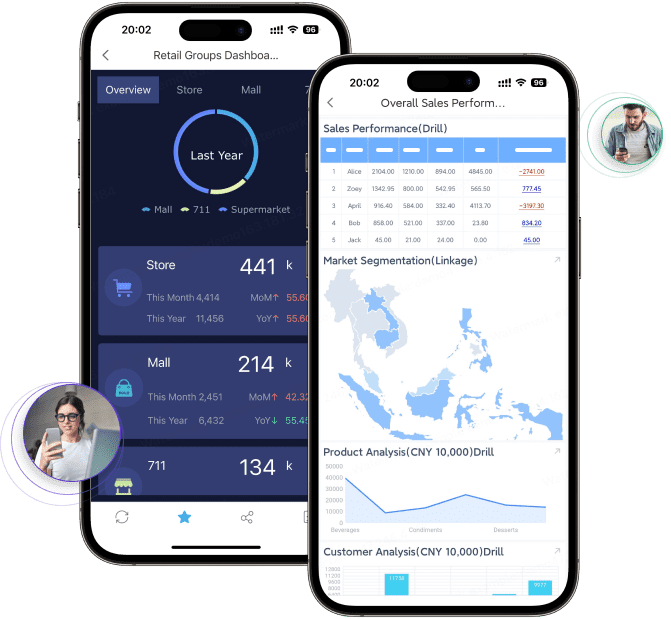
Many organizations have seen real benefits from using FineReport. For example, BOE Technology Group used FineReport and FineBI to solve data fragmentation and improve operational efficiency. They built a unified analytics framework, reduced inventory costs by 5%, and increased efficiency by 50%. This shows how the right reporting tool can transform your data analytics manager job and drive business success.
FineReport integrates seamlessly with FineBI, giving you a complete solution for both structured reporting and self-service analytics. This combination allows you to handle all your data analytics needs, from detailed reports to ad-hoc analysis. As a data reporting analytics manager, you gain better visibility into organizational performance, improve decision-making, and support your company’s growth.
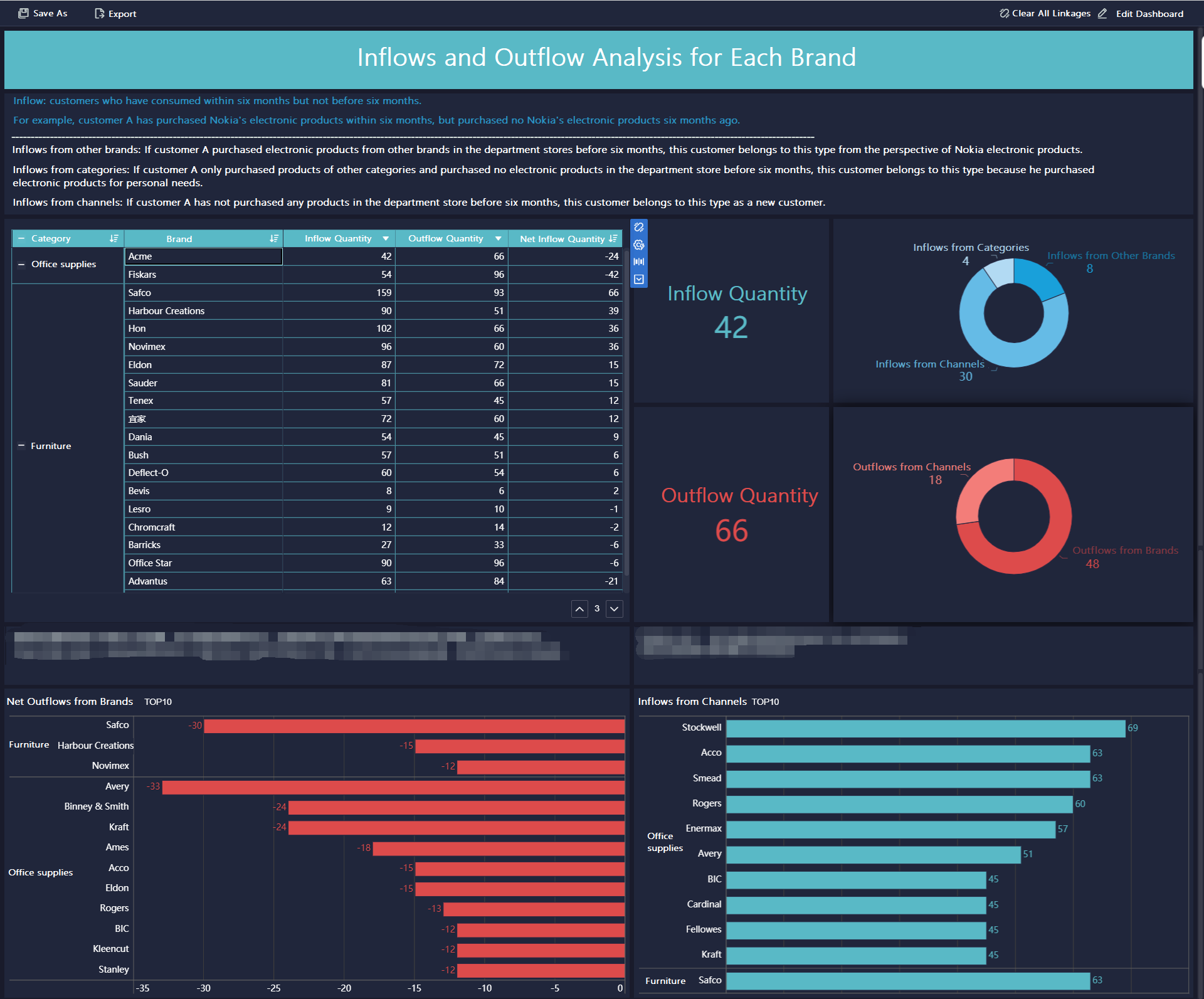
To excel as a data analytics manager, you need to build strong professional relationships. Networking connects you with other data analytics professionals, opening doors to new job opportunities and collaborations. Mentorship plays a key role in your growth as a manager. When you work with a mentor, you gain personalized guidance that helps you navigate the challenges of the data analytics field. Mentors share their experience, helping you improve your skills and expand your knowledge of data analytics tools and best practices.
You also benefit from access to your mentor’s network, which can lead to new data analytics projects and job offers. The table below shows how mentorship can influence your career as a data analytics manager:
| Impact of Mentorship on Career Advancement | Description |
|---|---|
| Enhances skills | Mentorship improves the skill set of analytics managers, making them more effective in their roles. |
| Fosters professional relationships | Building connections through mentorship can lead to new opportunities and collaborations. |
| Provides personalized guidance | Mentors offer tailored advice that helps navigate career paths and industry challenges. |
| Expands professional networks | Access to a mentor's network can open doors to new job opportunities and collaborations. |
| Encourages lifelong learning | Mentorship promotes a culture of continuous improvement and adaptation to industry changes. |
Mentors often provide a roadmap for navigating industry complexities. You will feel more connected to your organization and see long-term benefits, such as sustained growth and leadership development.
The data analytics landscape changes quickly. As a manager, you must stay updated with the latest data analytics tools and trends. Continuous learning ensures you remain effective in your job and can lead your team with confidence. Many resources support your learning journey:
| Resource Type | Description |
|---|---|
| Online Courses | Platforms like Coursera, edX, and Udemy offer a wide range of data analysis courses. |
| Bootcamps | Immersive data science bootcamps provide intensive training and hands-on experience. |
| Blogs | Blogs like Simply Statistics and Analytics Vidhya provide insights and community engagement. |
| Community Platforms | Platforms like KNIME and RapidMiner offer tools and resources for data science applications. |
| Certifications | Consider obtaining certifications like Certified Data Analyst (CDA) or Certified Analytics Professional (CAP). |
You can join communities such as Analytics Vidhya or KNIME to access resources and participate in hackathons. Reading blogs like Simply Statistics helps you learn from experts in data analytics. Tools like RapidMiner support all stages of data analysis, making your job as a manager easier.
You should also adopt advanced analytics tools, such as AI and machine learning, to automate data processing. Focus on data democratization by making analytics tools accessible to your team. Real-time analytics technologies help you deliver immediate insights, keeping your organization ahead in the data analytics field.
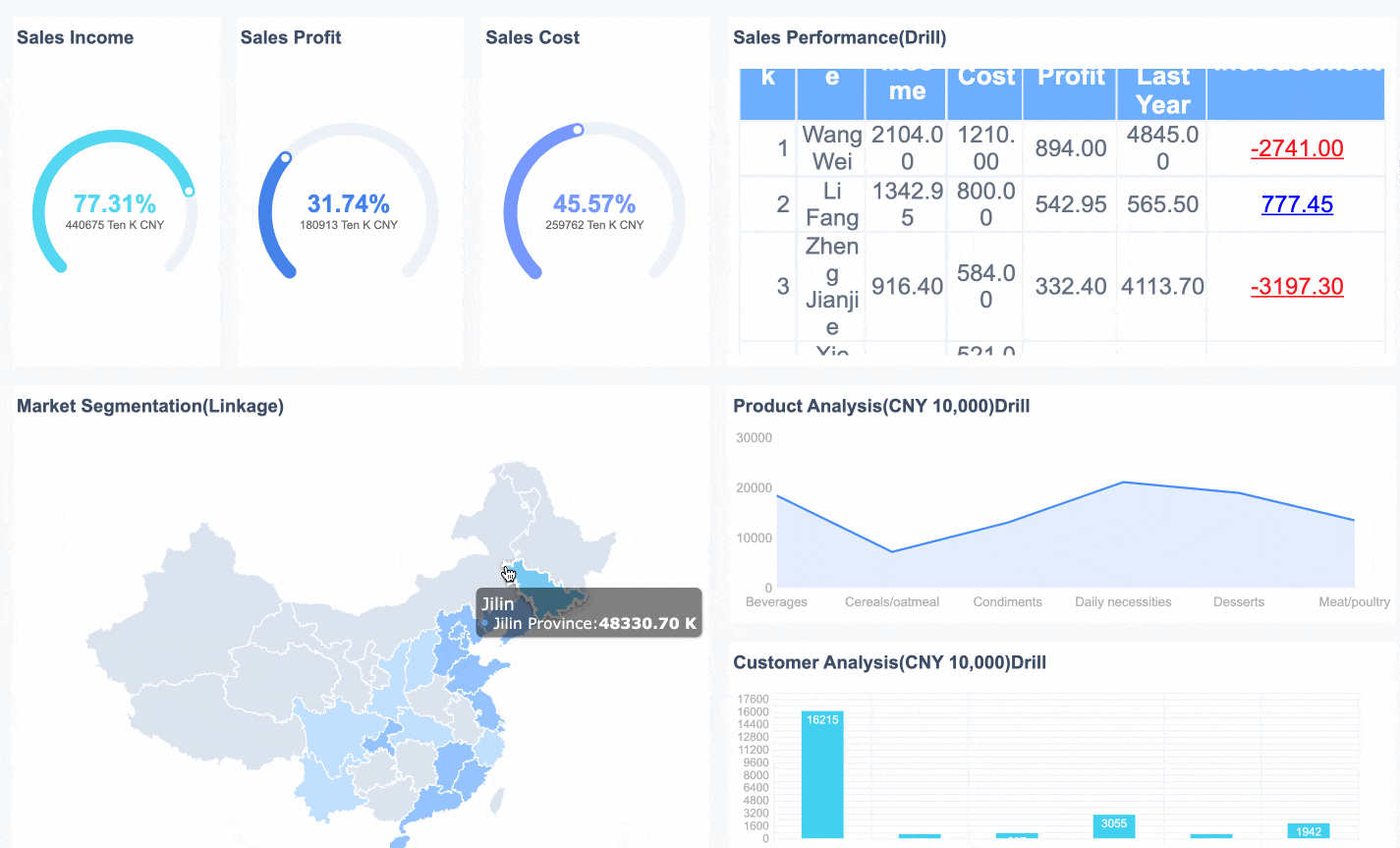
You build a successful career as a data reporting analytics manager by mastering data analytics, developing strong leadership, and applying business acumen. You manage data strategies, lead teams, and drive decision-making with analytics. You use tools like FineReport to improve data coordination and efficiency. You combine technical skills with strategic thinking to interpret data and solve problems. You adapt by personalizing learning, promoting data literacy, and integrating predictive analytics. You stay agile in a changing data environment.
How to Secure Remote Data Analyst Jobs in 2025
Business Data Analyst vs Business Analyst Key Differences Explained

The Author
Lewis
Senior Data Analyst at FanRuan
Related Articles
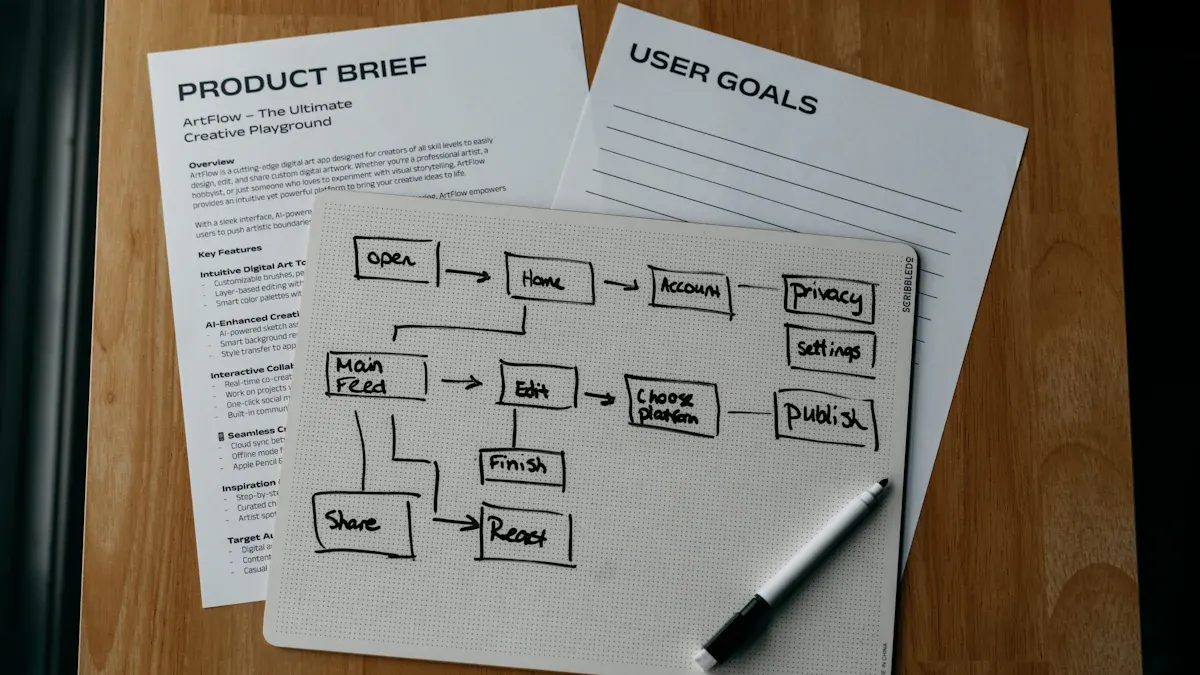
What is a data management platform in 2025
A data management platform in 2025 centralizes, organizes, and activates business data, enabling smarter decisions and real-time insights across industries.
Howard
Dec 22, 2025

Top 10 Database Management Tools for 2025
See the top 10 database management tools for 2025, comparing features, security, and scalability to help you choose the right solution for your business.
Howard
Dec 17, 2025

Best Data Lake Vendors For Enterprise Needs
Compare top data lake vendors for enterprise needs. See which platforms offer the best scalability, integration, and security for your business.
Howard
Dec 07, 2025